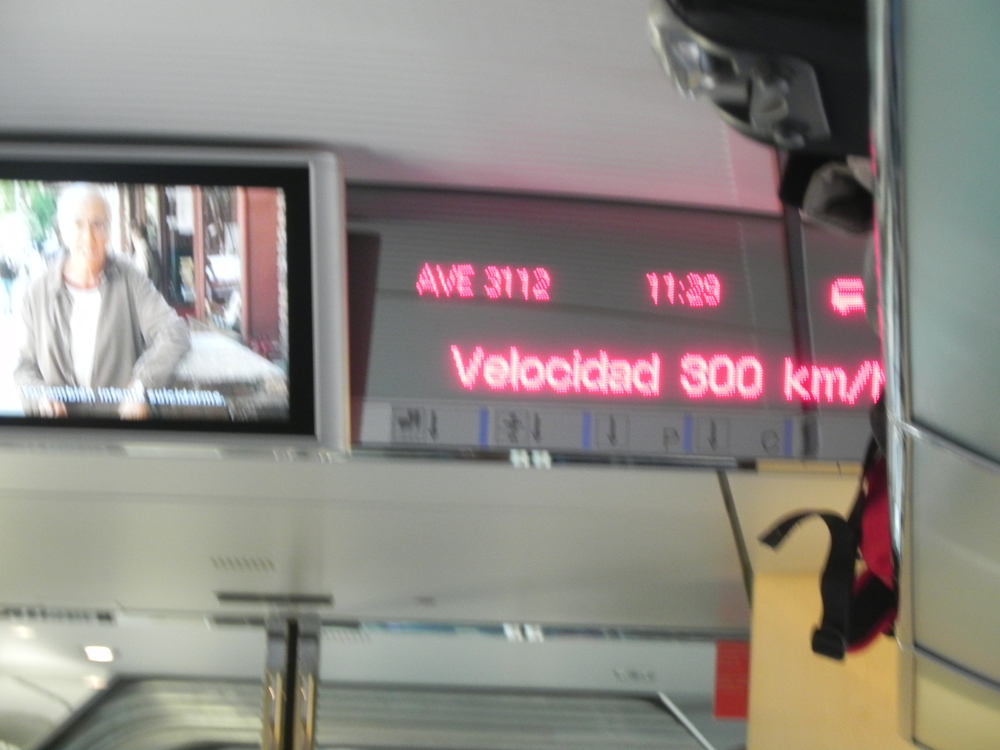A couple days ago, an Amtrak train crashed in Philadelphia killing 8 people and injuring dozens more. While the NHTSA hasn’t finished its investigation, thus learning the root cause, it’s known the train was traveling at 106 miles/hr on a track segment with a 50 mile/hr speed limit. Therefore the immediate cause of the crash is simple – the train was going too fast for the track, and tipped over. What’s unknown is why that happened. What’s known, however, is that the crash was preventable.
That’s 8 people who are dead now, and quite a few others in hospitals in great pain and suffering – and it could have been avoided. Completely.
It’s not just this crash that’s on my mind, but the oil train crashes of the last couple years. Trains derail frequently and most of the time we don’t hear about it because the effect is spilled wheat or something. But an oil train derailment results in explosions, fireballs, intense fires and lots of news coverage.
Transporting crude oil by train has sharply increased the last 5 years because of the huge increase in oil production in the Bakken and Tar Sands areas. A month or so ago, an oil train exploded in Galena Illinois, on tracks bordering the Mississippi River. The train was switching from a single track section to one of three parallel tracks, and was therefore taking a curve derailing in the curve. Maybe oh maybe that train too was traveling too fast for that track segment?
The problem that’s going on is very fixable. Since 2008, US Law has mandated Positive Train Control which (among other things) keeps train speed within the posted speed limit. Meaning – if there’d been Positive Train Control installed in Philadelphia, that train wouldn’t have crashed. Possibly most of the other train derailments, including the oil trains, would also have been avoided if positive train control was installed.
The rail industry has drug their feet over complying with the legal mandate, and Congress hasn’t done enough to ensure the rail industry complied with the law.
Further compounding the situation is the decades of neglect of the US rail infrastructure. In pretty much every other advanced country, the rail infrastructure is well used and well maintained. Not so in the U.S. We’re too much beholden to trucks and cars on rubber wheels on asphalt roads, and have let the rail infrastructure left to us by our grandparents rot.

High Speed Rail in Spain – it’s excellent
In many of the advanced countries, 106 miles/hr is slow for a train, but in the U.S. it’s fast. For example all across Spain is a high speed rail system where the trains go at speeds above 300 km/hr. I’ve ridden the section between Barcelona and Madrid – and it was absolutely excellent.
It was like any other train, but with the landscape whizzing by at that much more of a blur. Oh – and that train system is fully electric, so it’s just as clean as the electricity.
A well functioning rail system is better than trucks and cars on rubber wheels for several reasons:-
- Greater density of passengers or cargo per square mile of land
- In other words, rail systems make better use of the land — while highways are a waste of land
- Someone else is driving, freeing passengers to do other things while they travel
Last night, Rachel Maddow aired an excellent segment on this issue. Well worth a watch. Follow the link shown below (MSNBC no longer allows us to directly embed the video). ThinkProgress has links to details![]() , and video of Congressman Paul Ryan claiming that Congress has already funded Amtrak so what’s the problem – but the problem is that Congress didn’t fund Amtrak’s PTC plans.
, and video of Congressman Paul Ryan claiming that Congress has already funded Amtrak so what’s the problem – but the problem is that Congress didn’t fund Amtrak’s PTC plans.
- Is there enough Grid Capacity for Hydrogen Fuel Cell or Battery Electric cars? - April 23, 2023
- Is Tesla finagling to grab federal NEVI dollars for Supercharger network? - November 15, 2022
- Tesla announces the North American Charging Standard charging connector - November 11, 2022
- Lightning Motorcycles adopts Silicon battery, 5 minute charge time gives 135 miles range - November 9, 2022
- Tesla Autopilot under US Dept of Transportation scrutiny - June 13, 2022
- Spectacular CNG bus fire misrepresented as EV bus fire - April 21, 2022
- Moldova, Ukraine, Georgia, Russia, and the European Energy Crisis - December 21, 2021
- Li-Bridge leading the USA across lithium battery chasm - October 29, 2021
- USA increasing domestic lithium battery research and manufacturing - October 28, 2021
- Electrify America building USA/Canada-wide EV charging network - October 27, 2021























Pingback: FRA announcing technological fixes to oil train safety won’t solve the real problem of oil dependency | The Long Tail Pipe